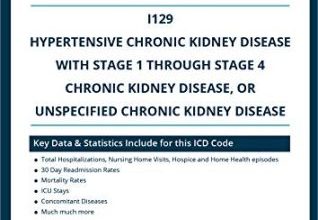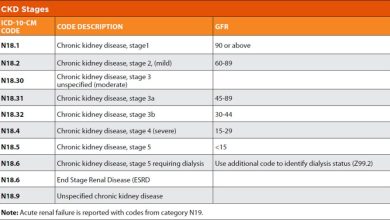Decoding Mitral Valve Regurgitation: Understanding ICD-10 Codes
What is Mitral Valve Regurgitation?
Mitral valve regurgitation, also known as mitral insufficiency or mitral incompetence, is a condition where the heart’s mitral valve does not close properly, causing blood to flow backward into the left atrium of the heart during the ventricular systole phase. This can lead to a variety of symptoms and complications if left untreated.
Code Information
The ICD-10 code for mitral valve regurgitation is I34.0. This code is used to classify and code diagnoses related to mitral valve regurgitation in medical records and billing.
Diagnostic Related Groups (MS-DRG)
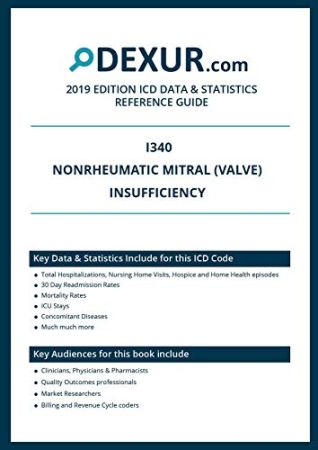
For coding and billing purposes, mitral valve regurgitation falls under MS-DRG 228 – Other Cardiothoracic Procedures with Major Complications or Comorbidities. This DRG is used to classify cases involving complex cardiovascular procedures with complications or comorbidities.
Convert to ICD-9 Code
In ICD-9, mitral valve regurgitation is classified under code 424.0 – Mitral Valve Disorders. This code is used to identify and classify mitral valve regurgitation in medical coding and billing.
Code History
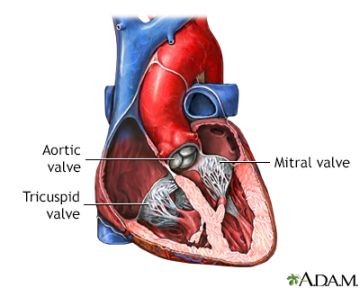
The ICD-10 code for mitral valve regurgitation, I34.0, was introduced in 2016 as part of the latest update to the International Classification of Diseases. This code replaced the previous ICD-9 code 424.0 for mitral valve disorders.
Approximate Synonyms
Mitral insufficiency
Mitral incompetence
Mitral regurgitation
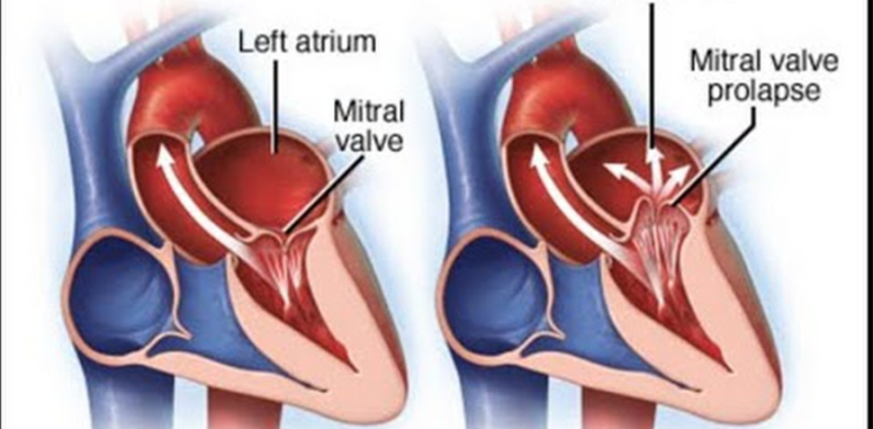
Clinical Information
Mitral valve regurgitation can be caused by a variety of factors, including age-related degeneration of the mitral valve leaflets, rheumatic heart disease, infective endocarditis, and structural abnormalities of the heart. Symptoms of mitral valve regurgitation can vary depending on the severity of the condition, but may include fatigue, shortness of breath, palpitations, and swelling of the ankles and feet.
Causes
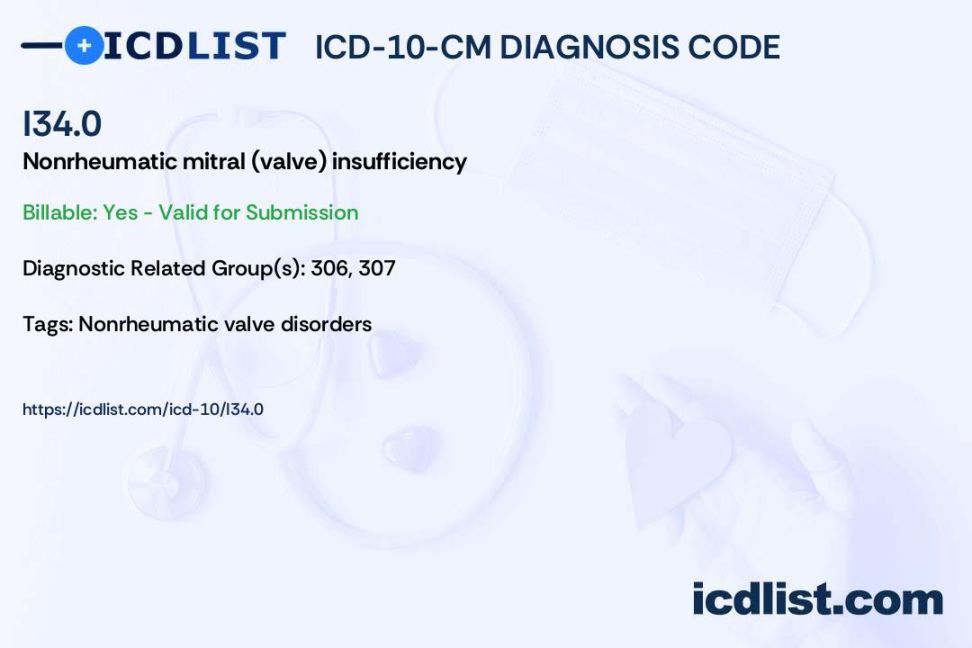
There are several possible causes of mitral valve regurgitation, including:
Age-related degeneration of the mitral valve leaflets
Rheumatic heart disease
Infective endocarditis
Structural abnormalities of the heart
Symptoms
Symptoms of mitral valve regurgitation can include:
Fatigue
Shortness of breath
Palpitations
Swelling of the ankles and feet
Diagnosis
Diagnosis of mitral valve regurgitation is typically done through a combination of physical examination, echocardiography, and other imaging tests. Once diagnosed, treatment options can be explored to manage the condition and prevent complications.
Treatment
Treatment for mitral valve regurgitation may include medication to manage symptoms, lifestyle changes to reduce stress on the heart, and in severe cases, surgical repair or replacement of the mitral valve. The appropriate treatment plan will depend on the severity of the condition and the individual patient’s overall health.
Conclusion
Mitral valve regurgitation is a serious heart condition that can lead to significant complications if left untreated. Proper diagnosis and management of the condition are essential to maintaining heart health and overall well-being. By understanding the causes, symptoms, and treatment options for mitral valve regurgitation, individuals can take proactive steps to address the condition and improve their quality of life.
FAQs
1. Can mitral valve regurgitation be cured?
While mitral valve regurgitation cannot be cured, it can be managed effectively with medication and, in some cases, surgical intervention.
2. Is mitral valve regurgitation a common condition?
Mitral valve regurgitation is a relatively common heart condition, especially among older adults and those with a history of heart disease.
3. What are the risk factors for developing mitral valve regurg







